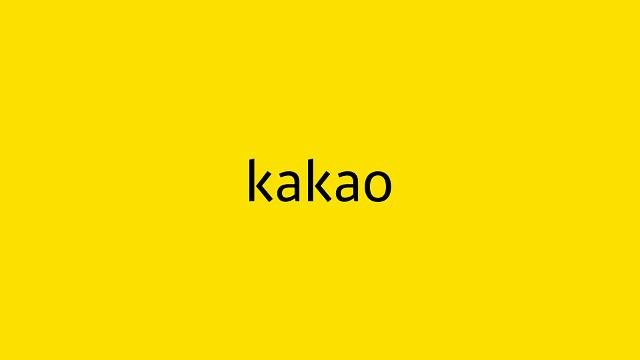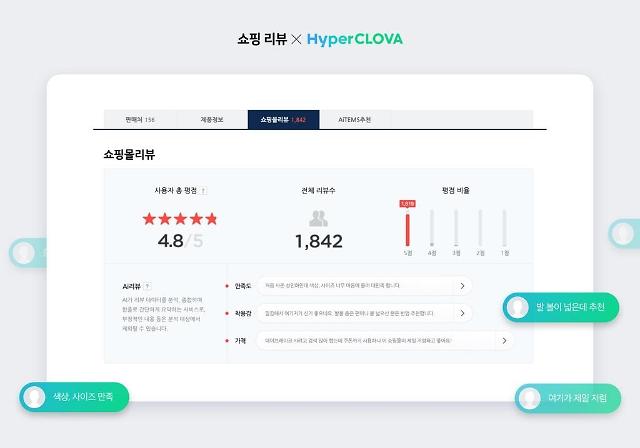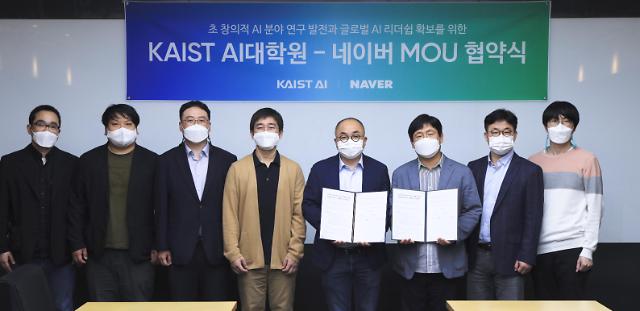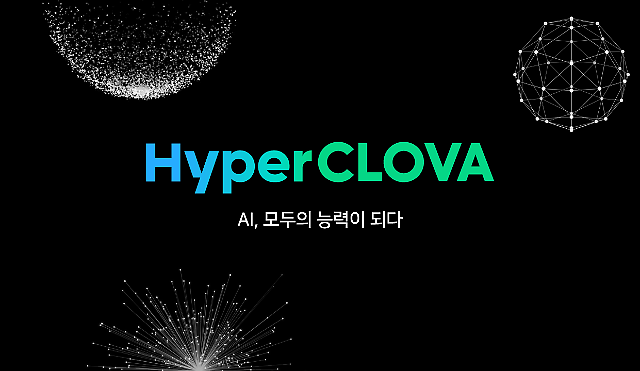
[Courtesy of Kakao]
SEOUL -- The artificial intelligence research unit of South Korea's web service company Kakao unveiled KoGPT, a hyperscale Korean-language AI platform based on GPT-3, an autoregressive language model created by OpenAI, a San Francisco-based AI research lab. would be used to create a digital human. Kakao's platform would be used to create a digital human.
GPT-3 with a capacity of 175 billion machine learning parameters uses deep learning to produce human-like text. with a capacity of 175 billion machine learning parameters. The quality of the text generated by GPT-3 is so high that it is difficult to distinguish from that written by a human.
"This is an important starting point for AI to think and talk like humans," Kakao Brain CEO Kim Il-doo said after his company released KoGPT through GitHub, a distributed version-control platform where users can collaborate on or adopt open source code projects. Kakao Brain will develop Japanese, Vietnamese, and Malaysian language models, Kim said, vowing to increase KoGPT's technology and performance and open related technologies.
KoGPT performs tasks such as the summary of long sentences, the prediction of conclusions, and understanding context to answer questions. Because writing is automatically possible depending on the context, high-level language tasks can be solved and used in various fields. "We will create a digital human that is friendly and useful to all Kakao users by combining artificial characters with a virtual human figure," Kim said.
Hyperscale computing is massive-scale computing that is normally incorporated in the processing of big data and cloud computing. The technique is ideal for running infrastructure for information technology services offered by global companies such as Google, Amazon, and Microsoft. Hyperscale AI utilizes massive computing techniques to process big data and cloud computing at lightning speed.
In a state-sponsored project to catch up with the United States and China in an international AI hegemony war, South Korea formed a grand consortium involving more than 200 companies, colleges and research bodies in July 2021 to develop an artificial brain. Naver, a top web portal operator in South Korea, has unveiled its hyperscale Korean-language AI platform, Hyper Clova, capable of analyzing massive datasets that can be used to develop new AI models.
Copyright ⓒ Aju Press All rights reserved.




View more comments